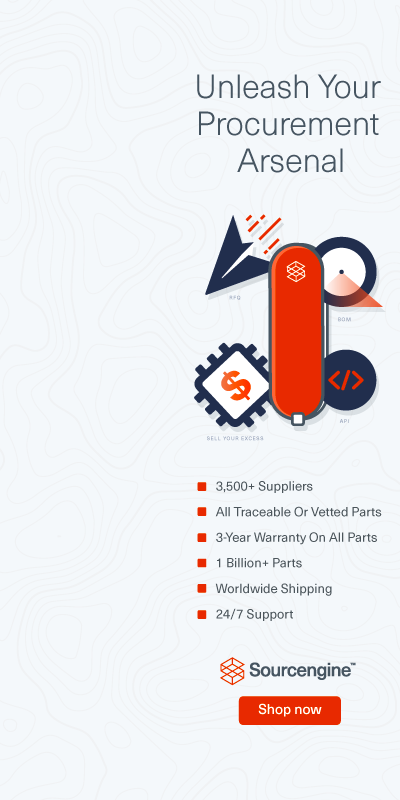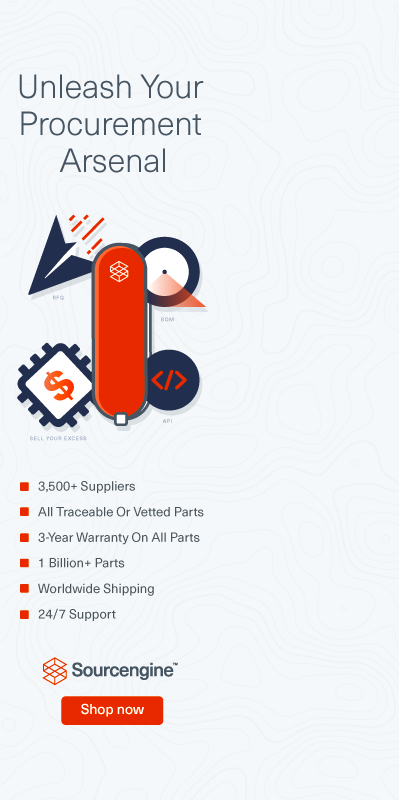Electronics Production |
Supply bottlenecks threaten economic recovery
Supply bottlenecks within the German industry threaten the economic recovery. However, the volcanic eruption plays only a minor role, states market researcher Roland Berger Consultants.
Supply squeezes in the manufacturing sector are posing an increasing threat to German economic recovery. In recent weeks the delivery situation in many companies has worsened drastically, with the result that normal production processes are becoming increasingly jeopardized.
The reasons for this lie both in the relationship between supply and demand and in the delayed interaction between the value chains. At the same time, most companies do not consider the volcanic eruption in Iceland and the disruptions to air traffic caused by this to be an aggravating factor. This is the finding of a quick survey that Roland Berger Strategy Consultants has conducted with procurement managers in the manufacturing industry.
"Our survey shows that delivery shortfalls are increasingly becoming a threat to the budding economic recovery in Germany," says Thomas Rinn, Partner in the Operations Strategy Competence Center at Roland Berger Strategy Consultants.
"Although our survey is only a snapshot of the status quo and cannot be carried over entirely to the economy as a whole, it does show that while many companies are experiencing a clear increase in demand, the lack of supply of the products they require has worsened dramatically in recent weeks."
About two thirds (74%) of the companies already call the situation critical, and on top of this comes the fact that the problem is likely to get worse due to delayed effects in the value chain. "This makes production constraints more and more probable, which in turn will most likely slow the recovery," says Mr Rinn.
Reasons for supply bottlenecks
Supply problems are particularly common with electronic components, cast and forged parts and with certain primary products, with most of the companies surveyed feeling the effects in several product groups. The experts at Roland Berger have found a number of reasons for the current accumulation of supply bottlenecks: On the supply side of the equation, capacities were cut back during the crisis by shortening working hours, reducing staff numbers or closing factories.
"Now, the companies need some time to reactivate these mothballed capacities," says Roland Berger Project Manager Sebastian Durst. "That takes time, especially as many companies are still cautious because they harbor doubts about just how long the recovery will last." On top of that the suppliers are also deliberately curbing supply to raise or at least stabilize their prices.
On the other side, demand is increasing strongly: 95% of the companies surveyed are experiencing an upturn in their business and need more raw materials and parts to cater for it. "The fact that many companies didn't expect such a noticeable recovery is making things even more problematic," says Mr Durst. On top of this there is also an issue in that demand varies between products, often considerably. "The reasons for supply bottlenecks differ greatly from product group to product group," says Mr Durst.
Volcanic eruption only a minor factor
Two further reasons for the shortfall in supply come from the value chain as a whole: All participants reduced their minimum inventory levels and buffer stock during the crisis – some of them too much. And now there is a knee-jerk effect taking place: "Afraid of supply bottlenecks, companies are now ordering or reserving way too much in an attempt to ensure they have adequate supply." That is causing additional scarcity.
On the other hand, the eruption of the volcano in Iceland and the chaos in the air freight industry it caused is only having a peripheral influence on the supply chains. Most affected by this are companies in the automotive industry. In contrast, around 70% of the companies don't expect additional lasting adverse effects from the supply problems caused by the volcano.
"The volcano erupting in Iceland did bring a problem that had already been there to a peak, and it drew to it the attention of the general public. But the supply chain issues had already existed prior to the ash cloud – and they will continue on in the months to come, well after the cloud has dispersed and nobody is talking about the volcano anymore," says Mr Rinn.
Ways to overcome supply bottlenecks, include the building up of capacities in line with demand, realistic ordering behavior and foregoing "artificial" shortages.






